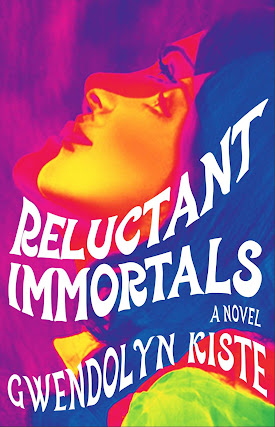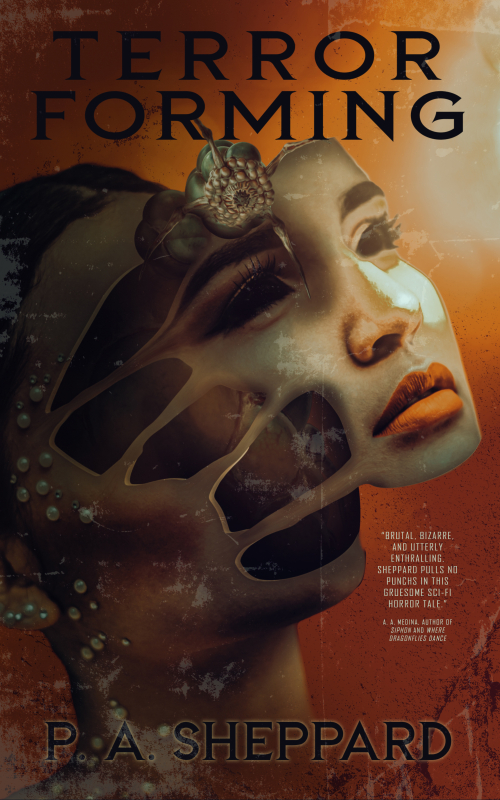How to Write a Winning Synopsis
It's no use writing an absolute masterpiece if you fail at the first hurdle of trying to get it published. Writing a great synopsis is a really big deal. It's also known as the elevator pitch where you have roughly thirty seconds to impress an agent or publisher.
You'll need to showcase your prowess with words by first selling your manuscript. You need to convince all who read your synopsis that your book is going to be huge.
So how do you do it?
In simple terms a synopsis is a brief description of your manuscript. It's not something to be overlooked it's need to be powerful and compelling so that the agent or publisher does not simply push it to one side and never look at it again.
The first part of your synopsis should begin with a brief summary of 35-70 words. Just one or two sentences.
The second part of your synopsis should give a more detailed synopsis of your work. This is where you convince the agent or publisher of the story's greatness and potential.
Tell them why this is unique and amazing and why they risk overlooking it at their peril. Think of this section as the interview stage, that they've heard your elevator pitch and are interested to know more. You do not need to include a chapter outline unless specifically asked to.
Your synopsis should be no more than one side and should be single spaced because time is money and agents and publishers have many thousands of manuscripts besides yours to look at.
Do
You'll need to showcase your prowess with words by first selling your manuscript. You need to convince all who read your synopsis that your book is going to be huge.
So how do you do it?
What is a Synopsis?
In simple terms a synopsis is a brief description of your manuscript. It's not something to be overlooked it's need to be powerful and compelling so that the agent or publisher does not simply push it to one side and never look at it again.
What does a Synopsis Look Like?
The first part of your synopsis should begin with a brief summary of 35-70 words. Just one or two sentences.
The second part of your synopsis should give a more detailed synopsis of your work. This is where you convince the agent or publisher of the story's greatness and potential.
Tell them why this is unique and amazing and why they risk overlooking it at their peril. Think of this section as the interview stage, that they've heard your elevator pitch and are interested to know more. You do not need to include a chapter outline unless specifically asked to.
Your synopsis should be no more than one side and should be single spaced because time is money and agents and publishers have many thousands of manuscripts besides yours to look at.
Do's and Don'ts When Writing a Synopsis
Do
- Keep it simple and engaging, don't get too bogged down with the details. Keep the intrigue.
- Include the narrative arc of your story. Introduce the protagonist/main character and make your reader care about them. All good stories involve conflict so briefly outline their conflict how they faced it and ultimately resolved it. Remember to include their emotions rather than their actions.
- Write in the active voice and keep it punchy.
- Do include the main themes of your work but don't go too deep.
Don't
- Make it overly complicated and confusing the agent/publisher just needs to know what sort of story you're trying to sell.
- Don't only include the plot outline, this is a chance to sell your characters and also yourself as a writer. Readers care more about great characters than great plots.
It's important to take time and care when writing your synopsis. I know by this stage you're just dying to get your work out there but getting your manuscript published will be a long process even if it's snapped up straight. It's important not to rush and hopefully get it right the first time.
Good Luck!




This is the part I'm least looking forward to about submitting to an agent! Even getting rejections won't sting as much as having to write a synopsis.
ReplyDeleteIcy Sedgwick